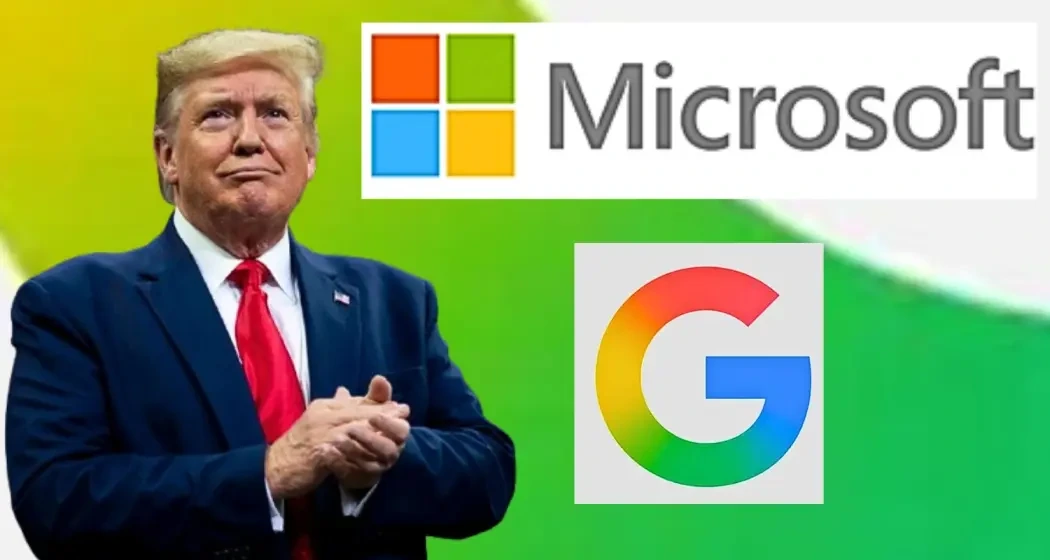Islamabad 25 July: Trump asks tech giants not to hire Indians and Chinese for AI Jobs. The U.S. President has called on tech giants like Google, Microsoft, and Meta to prioritize hiring American workers for artificial intelligence (AI) development, urging them to halt recruitment from countries such as India and China.
Speaking at the National AI Summit in Washington on July 23, 2025, Trump criticized the outsourcing of tech jobs, stating on X, “Big Tech has built empires on American soil but hires abroad. It’s time to put America first and lead AI innovation with our workers.”
Trump’s directive aligns with his “America First” policy, emphasizing U.S. dominance in AI, a sector projected to contribute $15.7 trillion to the global economy by 2030, according to a 2024 PwC report.
He signed three executive orders at the summit, including the “Winning the Race” strategy to fast-track domestic AI infrastructure, such as data centers, and reduce regulatory hurdles. Another order ensures AI systems developed with federal funding remain politically neutral, while the third promotes exports of U.S.-made AI tools to strengthen global market share.
The U.S. tech industry, employing 12.3 million workers and accounting for 10.2% of GDP in 2024, relies heavily on global talent. India’s IT sector, valued at $254 billion, supports over 1.5 million professionals working for U.S. firms, particularly in AI and software development.
Trump’s push could disrupt this ecosystem, especially if paired with restrictions on H-1B visas, which brought 66,000 Indian tech workers to the U.S. in 2024. A 2024 National Science Foundation report highlights a U.S. shortage of 1.2 million STEM workers, underscoring the challenge of meeting AI ambitions domestically.
Reactions on X reflect polarized views. One user posted, “Trump’s right—AI is the future, and we need American jobs driving it,” while another warned, “Cutting off India’s talent pool could slow U.S. AI progress.” Indian outlets like The Economic Times expressed concerns about impacts on their IT workforce, noting potential U.S. tariffs, such as the 25% levy Trump previously threatened against Apple for manufacturing in India.
Tech leaders have yet to comment officially, but industry analysts warn that shifting AI development entirely to the U.S. could increase costs and delay projects. Google, with over 30,000 employees in India, and Microsoft, heavily invested in AI, face pressure to balance Trump’s demands with operational needs. U.S. AI investments reached $320 billion in 2025, led by Meta, Amazon, and Google, while Nvidia pledged $500 billion through 2029, highlighting the stakes of domestic job creation.
Trump’s orders aim to harness AI for economic nationalism, potentially creating thousands of U.S. jobs but risking tensions with global tech partners. As the U.S. seeks to outpace China in AI, where Beijing invested $42 billion in 2024, the call to prioritize American workers could reshape the industry’s global landscape.









